We work to strengthen the organizational structure and professionalize the sector, seeking to collaborate in the development of capacities of CSOs through workshops, information and the sharing of good practices, and contributing to the generation of the necessary tools for their own development. For this, it is necessary to build towards transparency and accountability through advocacy campaigns, meetings and collaborative tools. This point contributes to the legitimacy of the organizations and is directly related to the notion of sustainability, both for RACI and for Civil Society.
In tune with the objective of strengthening and professionalizing social organizations, RACI works year after year in the development and moderation of different workshops and training, seeking to democratize the information it obtains through its membership in different spaces of articulation. Thus, in recent years, workshops were given on Strategic Planning, Social Innovation for CSOs, Resource Development, Access to International Cooperation and Diversity and Inclusion, among others, forming a wide range of topics addressed.
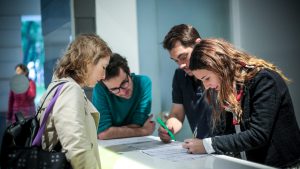
In RACI, we collaborate with the allocation of resources to the Civil Society of Argentina and the region, technically assisting actors linked to International Cooperation and Local Private Social Investment in the selection of social projects to obtain financing. We work on the preparation of the funding request forms for the projects, as well as on their bases and conditions, thus establishing the criteria and support themes for the proposal. We also launched and disseminated the proposal among Civil Society Organizations and we took care of receiving, systematizing and evaluating the proposals received based on an objective scoring system. From these inputs, an executive summary is prepared with the shortlisted proposals and a list of potentially eligible projects. Finally, once the donor has selected the winning proposals, RACI acts as a liaison between the winning organizations and the donors.
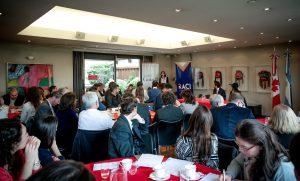
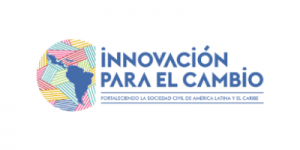
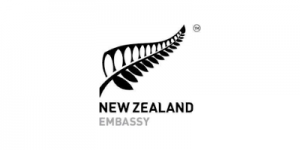
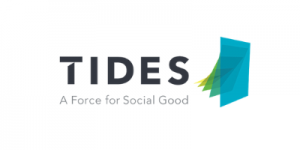
Access to resources is increasingly limited for social organizations in the region, especially those that refer to the financing of their operational functions, directly affecting the enabling space and the margin of action of Civil Society. For this reason, we work daily on the mobilization of resources through donor landscaping practices – the search and identification of national and international donors – for organizations, democratizing information and also working to influence the logical framework in which these activities are developed.
The Innovation Laboratories are spaces for training and creative learning for organizations, which provide a space for interconnection between the different social actors. Through the co-creation of strategies that arise from the representatives of Civil Society, with the support of the rest of the actors, current problems are analyzed and real and innovative solutions are sought. The methodology is based on the principles of Design Thinking and adapted to the Latin American and Caribbean contexts. It is intended that the representatives of the CSOs that participate, manage to empathize and define the problem, and then think about possible solutions to, later, prototype social innovation projects, seeking the implementation of the winning project with a contribution of seed capital awarded at the end of the lab.
The Innovation Laboratories are spaces for training and creative learning for organizations, which provide a space for interconnection between the different social actors. Through the co-creation of strategies that arise from the representatives of Civil Society, with the support of the rest of the actors, current problems are analyzed and real and innovative solutions are sought. The methodology is based on the principles of Design Thinking and adapted to the Latin American and Caribbean contexts. It is intended that the representatives of the CSOs that participate, manage to empathize and define the problem, and then think about possible solutions to, later, prototype social innovation projects, seeking the implementation of the winning project with a contribution of seed capital awarded at the end of the lab.

In RACI, we promote a series of spaces to share experiences, good practices and initiatives to work on diversity and inclusion from our organizations. In this sense, we held reflection seminars, created a working group on this issue, and both the team and our Executive Committee signed a letter of commitment to continue with these principles. We are also part of the Advisory Council of the CIVICUS working group on Diversity and Inclusion for the Creation of Networks and Action (DIGNA), whose main objective is to understand, conceptualize and identify innovative practices on the adoption of diversity and inclusion in different areas, themes and work models. Today, RACI participates in the space from the incubation group.
In RACI, we promote a series of spaces to share experiences, good practices and initiatives to work on diversity and inclusion from our organizations. In this sense, we held reflection seminars, created a working group on this issue, and both the team and our Executive Committee signed a letter of commitment to continue with these principles. We are also part of the Advisory Council of the CIVICUS working group on Diversity and Inclusion for the Creation of Networks and Action (DIGNA), whose main objective is to understand, conceptualize and identify innovative practices on the adoption of diversity and inclusion in different areas, themes and work models. Today, RACI participates in the space from the incubation group.
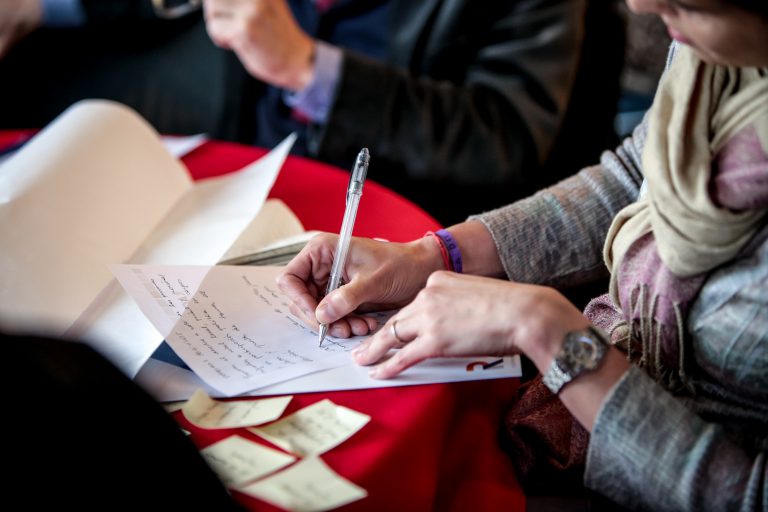
We actively participate in the development of institutional procedures that allow for the establishment of a strategic and standardized framework for CSOs to use and replicate within each institution.

We accompany social organizations in the formation of their planning process. The Strategic Planning for Changing Scenarios is constitutive of the process that was carried out between 2019 and 2020. Its results present the roadmap to be followed by RACI in the next 5 years. These processes, added to the design of manuals, norms and procedures, contribute to strengthening Civil Society through its institutional development.